'We just want to try and keep growing and helping people.'
The philosophy of Theatre Nemo
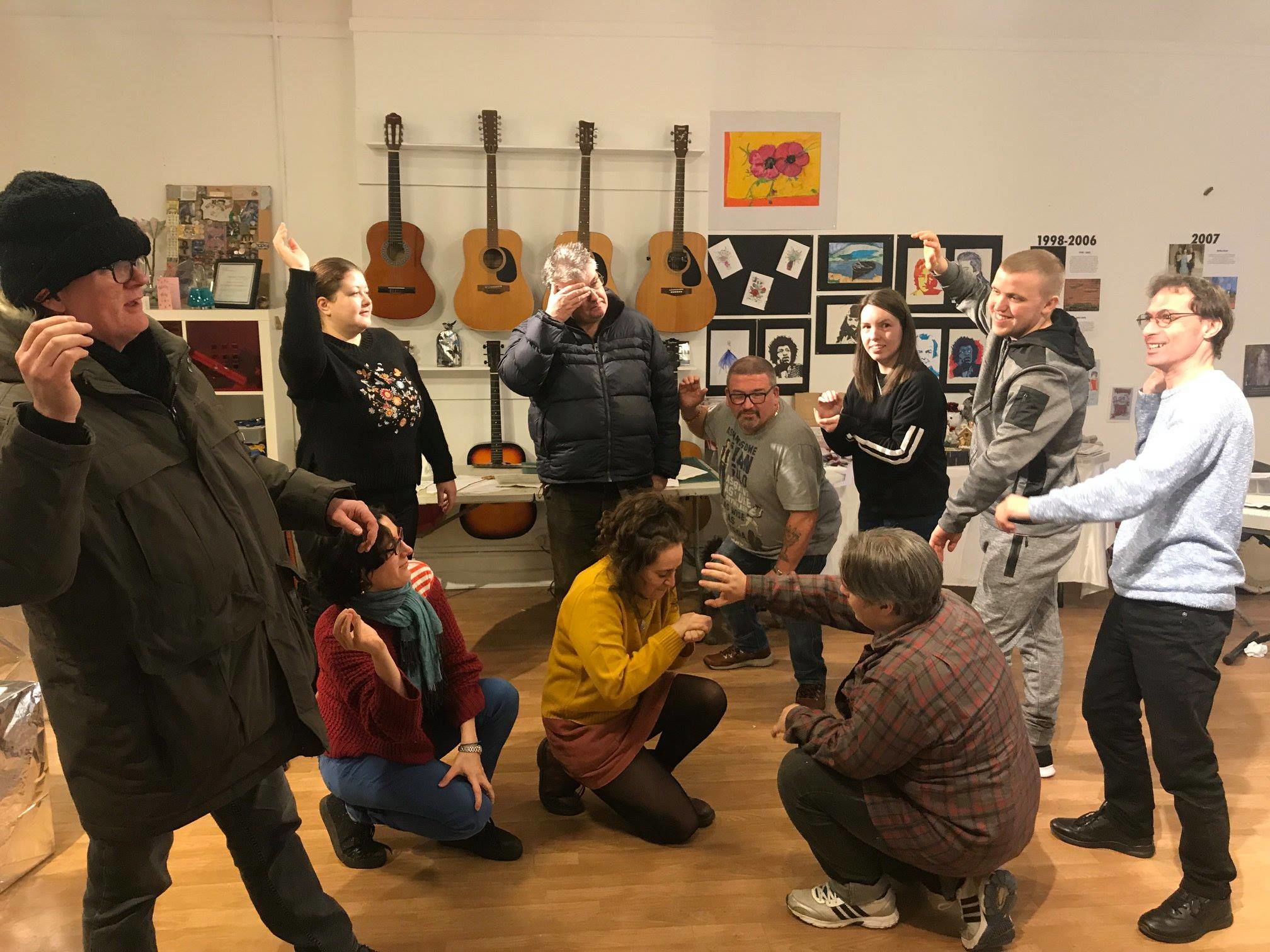
The perception we have of actors is someone who is high in self-confidence, almost fearless. Yet the performers at Theatre Nemo have high anxiety and low self-esteem.
Theatre Nemo are a drama group like no other. All of its performers have one thing in common - they have all battled with mental health issues in the past.
Using performance based therapies such as drama, music and art, Theatre Nemo allows their members to flourish and grow in confidence - all while learning how to cope with their mental health problems.
Based in Glasgow, Theatre Nemo have been around for nearly 20 years, founded by a mother who wanted to provide a space where anyone with mental health issues could feel safe.
The company work within the community, with a lot of their referrals coming from NHS services such as therapists and community mental health teams. They also go into schools to deliver a six week course focussing on mental wellbeing, where they teach the children (aged 10-13) about emotional issues and where they are able to get help if they ever feel like this. Theatre Nemo reaches so many members of the community and they offer a variety of creative outlets for people to choose how best to cope with their mental health issues. "When we did first start, we did just provide theatre. We soon realised that for some people that was a wee step too far and maybe needed something more intermediate in terms of getting up and speaking in front of people," explained their CEO, Hugh McCue. They began to offer things that were more art-based such as animation, as the members have to do everything themselves; from the scripts and record the voices, which helps build their confidence so that eventually they may want to move on to something that is more performance based such as theatre.
However, the company also offer music classes such as taiko drumming and guitar lessons. There have been many studies to determine whether music therapy is helpful in the treatment of mental health disorders. Most studies show that music has a positive effect in people's treatment and attitude which gives credence to the thought that music helps in aiding recovery from mental health issues. This may be true, but it isn't just music that can help people cope with their mental illnesses.
Kelsey Harwood, a 22-year-old from Sunderland, finds photography useful in coping from mental health issues.
"Photography means to me as a way of freedom and escaping from the world." Kelsey suffers from chronic depression, anxiety, and undiagnosed PTSD. Although she is on medication and goes to counselling for her depression and anxiety, she often feels that music and photography are a better way of coping with her mental illnesses. She said, "I'm in my own world, doing things that are adventurous or capturing moments that you wouldn't see." For her, being creative by taking pictures, it allows her to express herself in a way that she wouldn't normally be able to. "It's the feeling of capturing something which others may find ugly, or not give a second glance, but you're looking at it with the creative side perspective and capturing it in a different light. There's just comfort in that because you could look at a building from many different angles and not one image will look the same."
This sentiment, of no one picture looking the same, can also be attributed, in some ways, to mental health issues. People display symptoms of mental illnesses like anxiety and depression in different ways. Not one case of mental health is the same. Treatment methods also affect people differently; one medication may work on one person, but have no effect on another. It's the same with performance based activities; some may be comfortable standing up straight away in front of people to perform. Others may not be and require a different activity. Theatre Nemo understands that and is why the offer so many different creative classes. They also come together as big group at the end of each course, which lasts 12-13 weeks, and put on one big performance piece - each group showcasing what they have been working on.
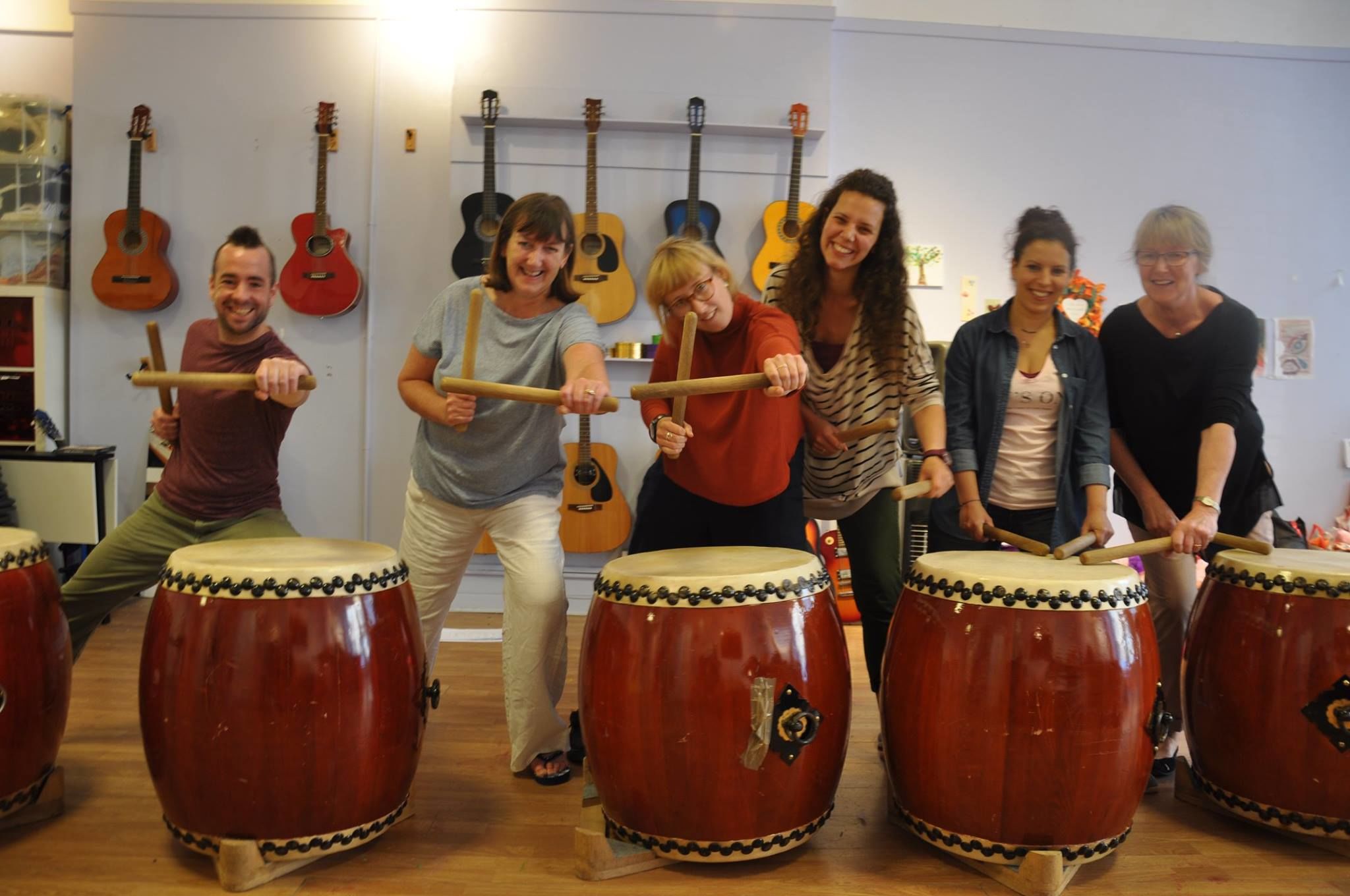
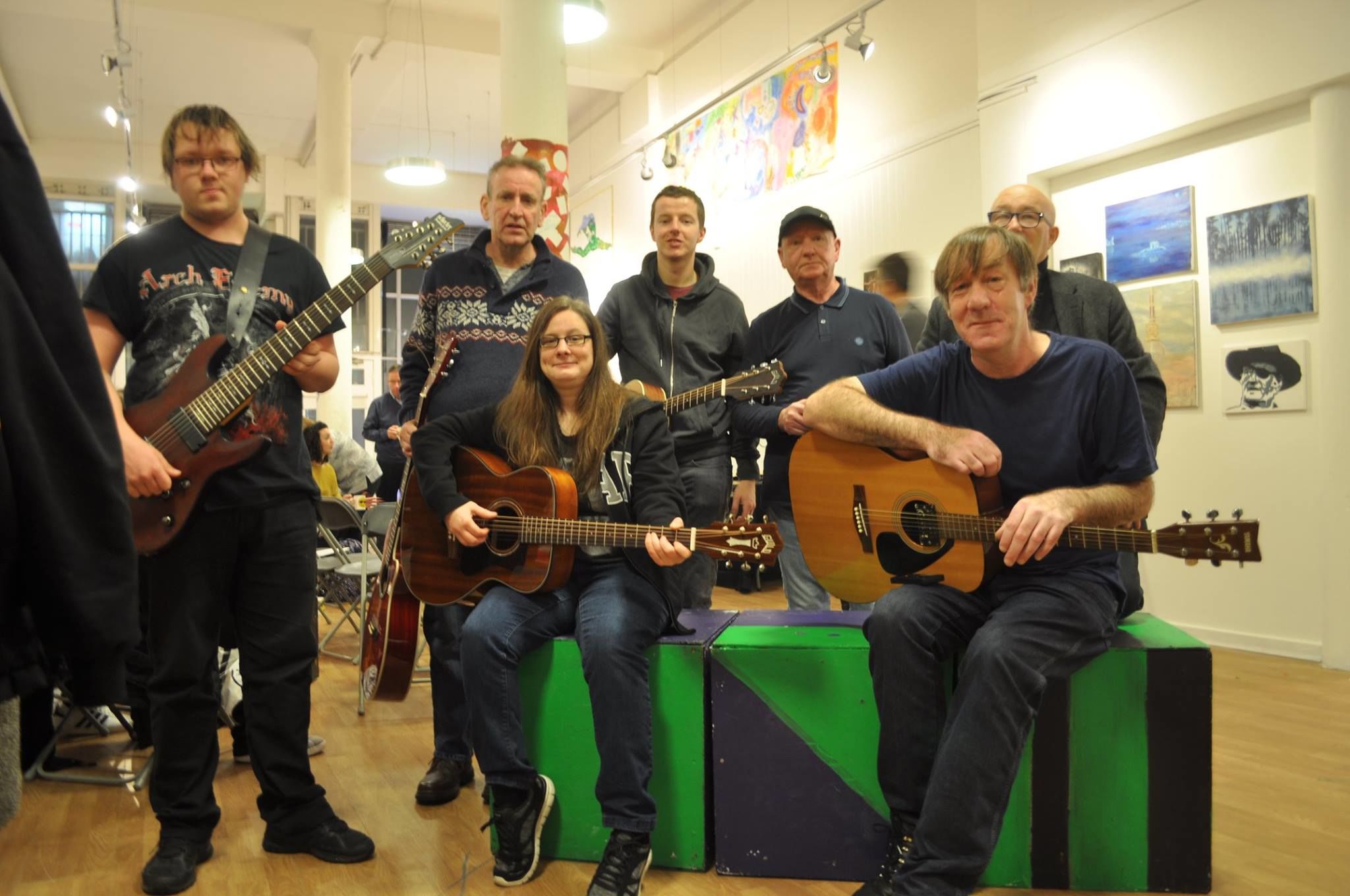


photo courtesy of Theatre Nemo
photo courtesy of Theatre Nemo
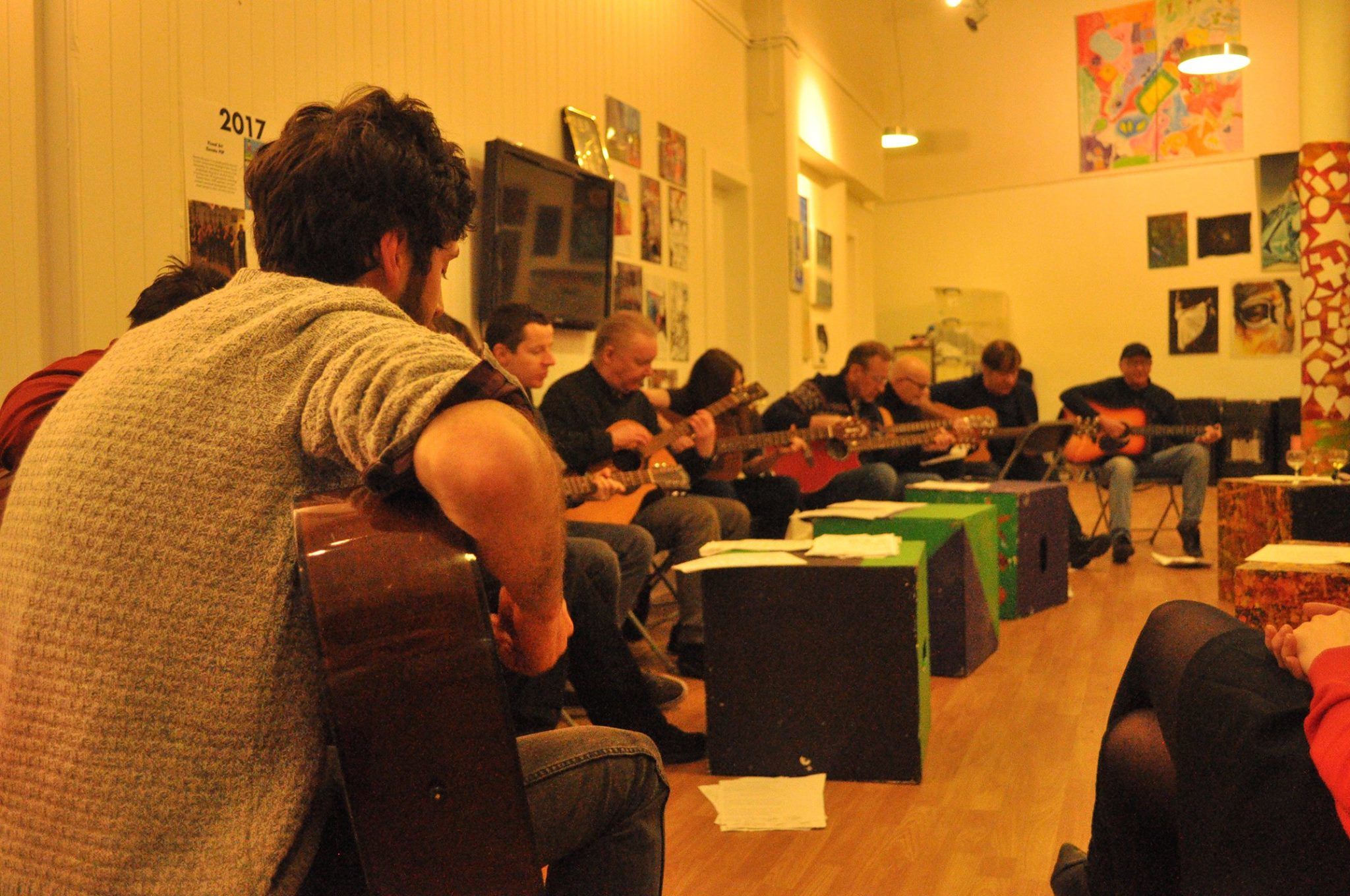
photo courtesy of Theatre Nemo
photo courtesy of Theatre Nemo
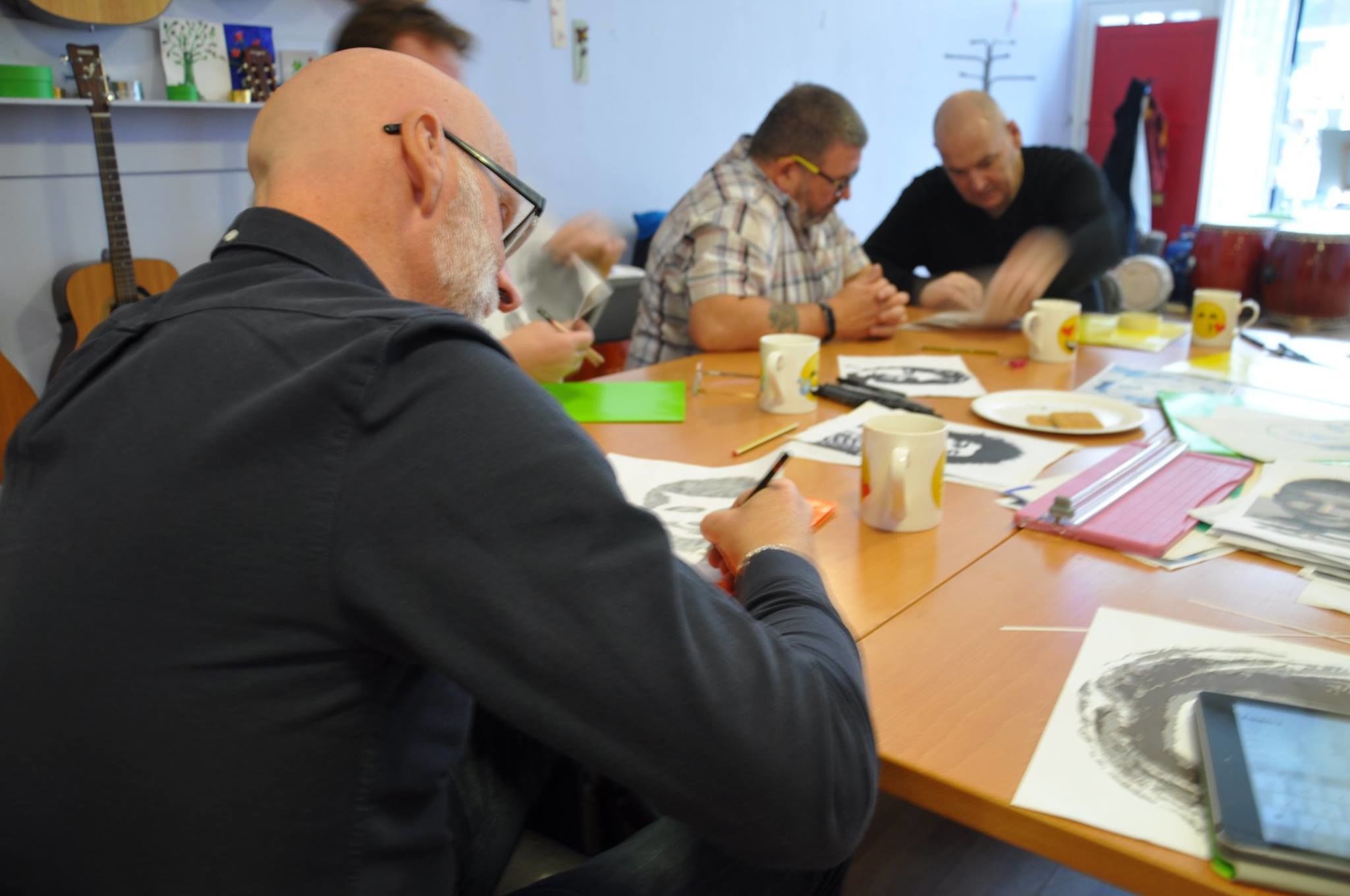
photo courtesy of Theatre Nemo
photo courtesy of Theatre Nemo
Just as the company offer different activities for their members to participate in, mental health strikes at a variety of different people. It isn't discriminatory - it hits the young and the old.
Yet no one talks about the mental health struggles that affect those over 25 years of age. "There is an emphasis on adolescent depression as this is the time where intervention could make a huge difference," said Stephen Dunne, a Psychology lecturer at Sunderland University.
However, at Theatre Nemo young and old interact together and support one another through their bad days. The group is open to anyone over the age of 16 but the general age range tends to be 25-75. Maureen Rumfitt, from Chester-le-Street, is in her 70s, though she describes herself as being very young at heart. She has suffered from anxiety since she was a child and is currently not on any medication, though she has recently attended counselling due to losing a son to suicide. She attends a local group as a volunteer, where anyone from different backgrounds can go and learn how to cope with those demons in their past. Maureen also finds comfort in putting her thoughts and feelings down on paper as poetry. "Art and theatre are all beneficial to anyone with mental health issues because it helps people express their feelings, keep their minds busy and also gives them confidence."
An excerpt from one of Theatre Nemo's past shows. video courtesy of Theatre Nemo
An excerpt from one of Theatre Nemo's past shows. video courtesy of Theatre Nemo
Art therapies, like those provided by Theatre Nemo, aren't just reserved for after people have been diagnosed with a mental health issue.
Emma Paxton works for a charity called Place2Be, who work with primary and secondary schools across the UK. "I began working for Place2Be because I believe in early intervention." she said. By using art therapies, the charity allows children to convey what they're feeling in a different way, a way that isn't intimidating like walking into a therapists' office and being asked to verbally communicate their emotions. "When a child has had a difficult early life experience, they find it difficult to put those experiences into words, because they had no verbal skills when it happened. They can, however, express it creatively through art media and play."
Early intervention through art therapy can allow those more at risk of developing mental health issues, have a ready-made coping strategy in place. However, it's good to know that there are companies such as Theatre Nemo who will be there to catch you when you fall.
For more information on Theatre Nemo, visit their website: http://www.theatrenemo.org/

